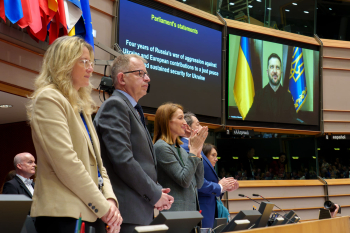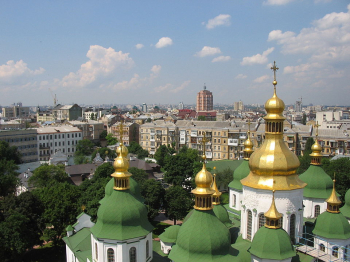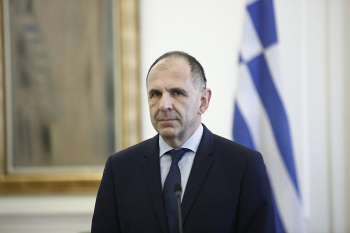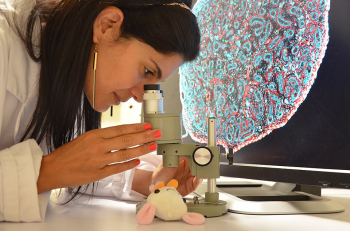
The European Union (EU) has recognized the importance of fostering Jewish life within its member states and has taken steps to promote and support Jewish communities
throughout Europe. The EU's efforts to foster Jewish life are rooted in its commitment to promoting cultural diversity, protecting human rights, and combatting anti-Semitism.
One of the EU's primary strategies for fostering Jewish life is through funding initiatives that support Jewish communities and cultural events. The European Commission, the executive arm of the EU, provides financial support to organizations and projects that aim to preserve Jewish heritage, promote Jewish culture, and combat anti-Semitism. For example, the EU has provided funding to support the renovation of Jewish cultural heritage sites, including synagogues, cemeteries, and museums. Additionally, the EU supports cultural events that celebrate Jewish culture and raise awareness of the contributions of Jewish communities to European society.
Another key aspect of the EU's efforts to foster Jewish life is through education and awareness-raising. The EU has developed educational materials and programs that aim to combat anti-Semitism and promote interfaith understanding. For example, the EU has produced a series of educational videos that provide an overview of Jewish history, culture, and religion. These videos are available in multiple languages and are intended for use in schools and community organizations.
In addition to supporting Jewish communities within its member states, the EU also advocates for the protection of Jewish communities worldwide. The EU has been vocal in its condemnation of anti-Semitic attacks and has taken steps to combat hate speech and hate crimes. The EU has also called for increased protection of Jewish sites and institutions, such as synagogues and Jewish schools.
The EU has also worked to promote dialogue and cooperation between Jewish and non-Jewish communities. The EU's Framework Decision on Racism and Xenophobia criminalizes hate speech and hate crimes, including those directed at Jewish communities. The EU has also supported interfaith dialogue and cooperation through initiatives such as the Anna Lindh Euro-Mediterranean Foundation for the Dialogue between Cultures.
Despite the EU's efforts to foster Jewish life, there are ongoing challenges and concerns facing Jewish communities in Europe. One of the most significant challenges is the rise of anti-Semitism, which has increased in recent years in several EU member states. The EU has responded to this trend by increasing efforts to combat anti-Semitism, but there is still much work to be done to ensure the safety and well-being of Jewish communities.
In addition to anti-Semitism, Jewish communities in Europe also face challenges related to assimilation and demographic decline. Many young Jews are leaving Europe to seek better economic opportunities elsewhere, leading to a decline in the number of Jews living in some EU member states. The EU has recognized this challenge and has taken steps to support Jewish life and encourage Jewish communities to remain in Europe.
Overall, the EU's efforts to foster Jewish life are rooted in its commitment to promoting cultural diversity and protecting human rights. Through funding initiatives, education and awareness-raising, advocacy, and dialogue and cooperation, the EU is working to support and strengthen Jewish communities throughout Europe. While challenges remain, the EU's commitment to fostering Jewish life is a positive step towards creating a more inclusive and tolerant Europe.

















